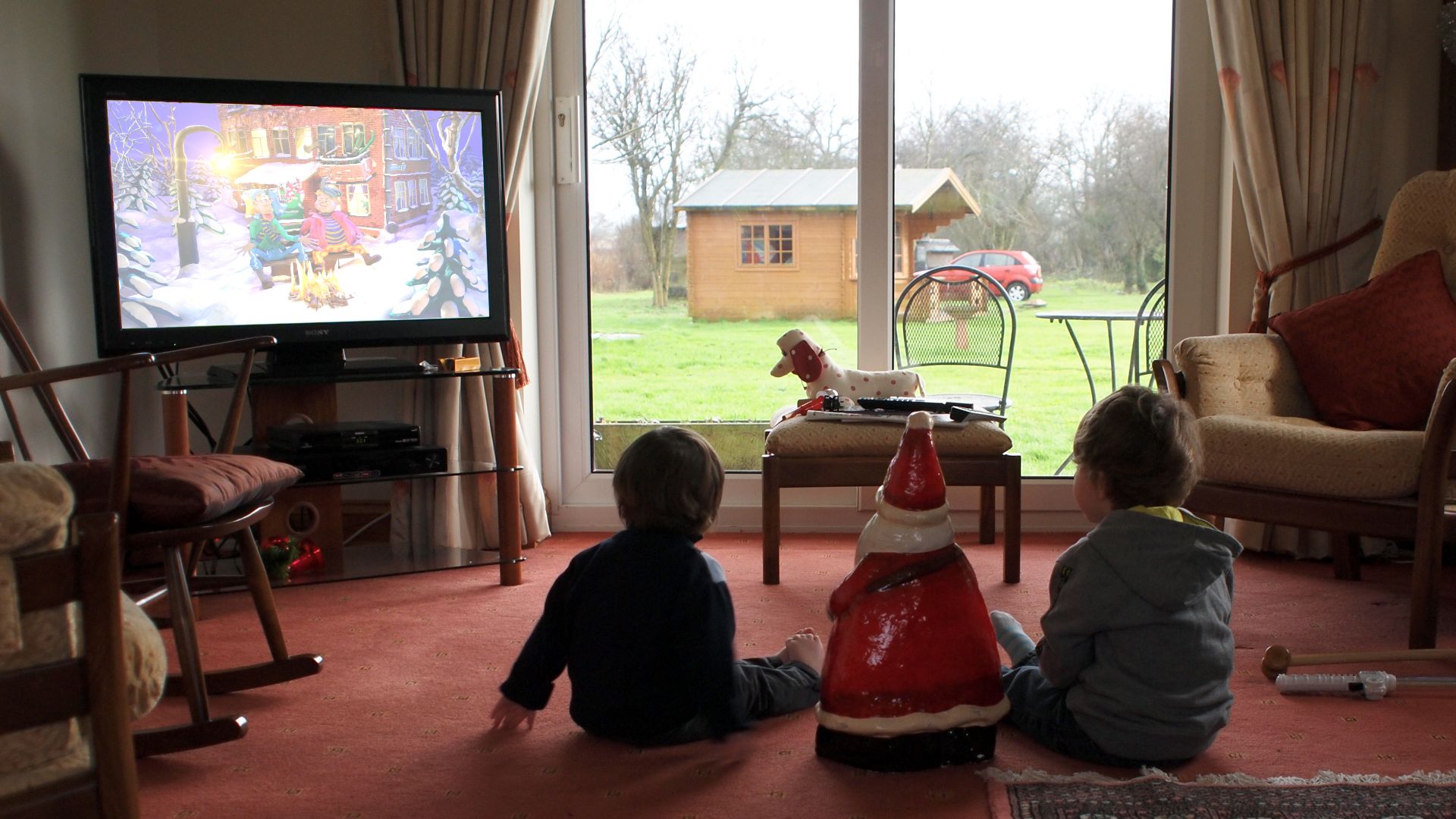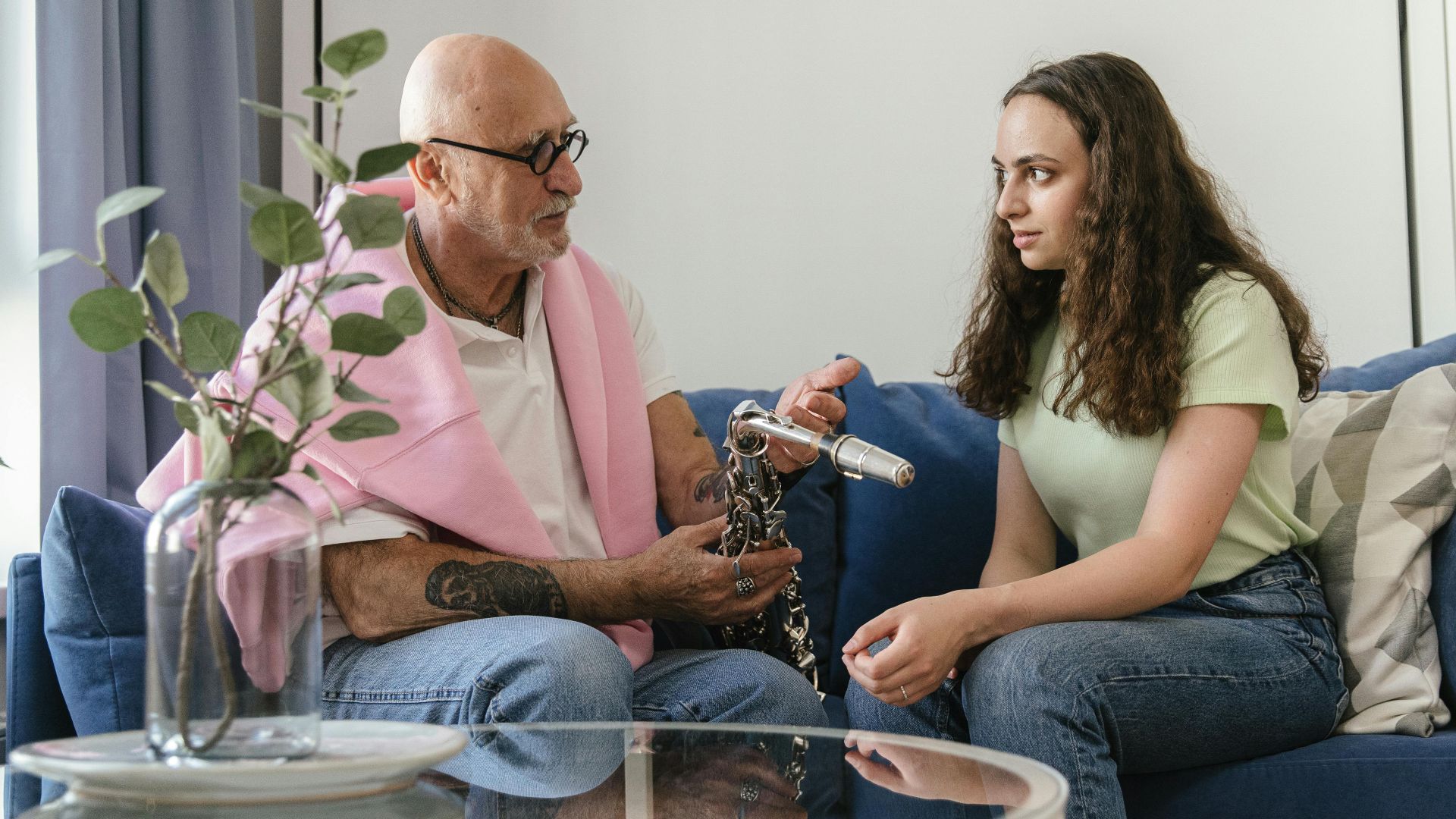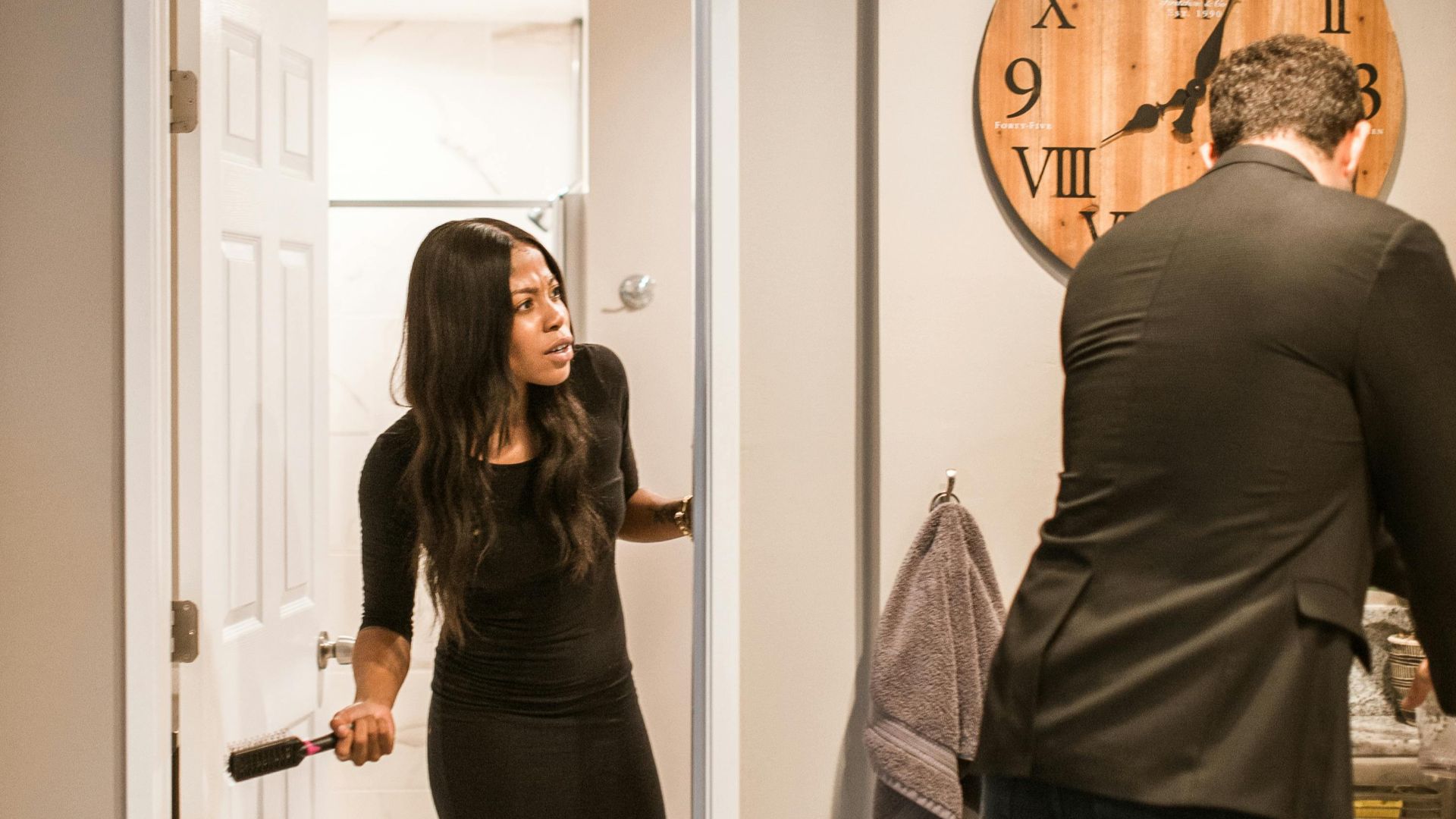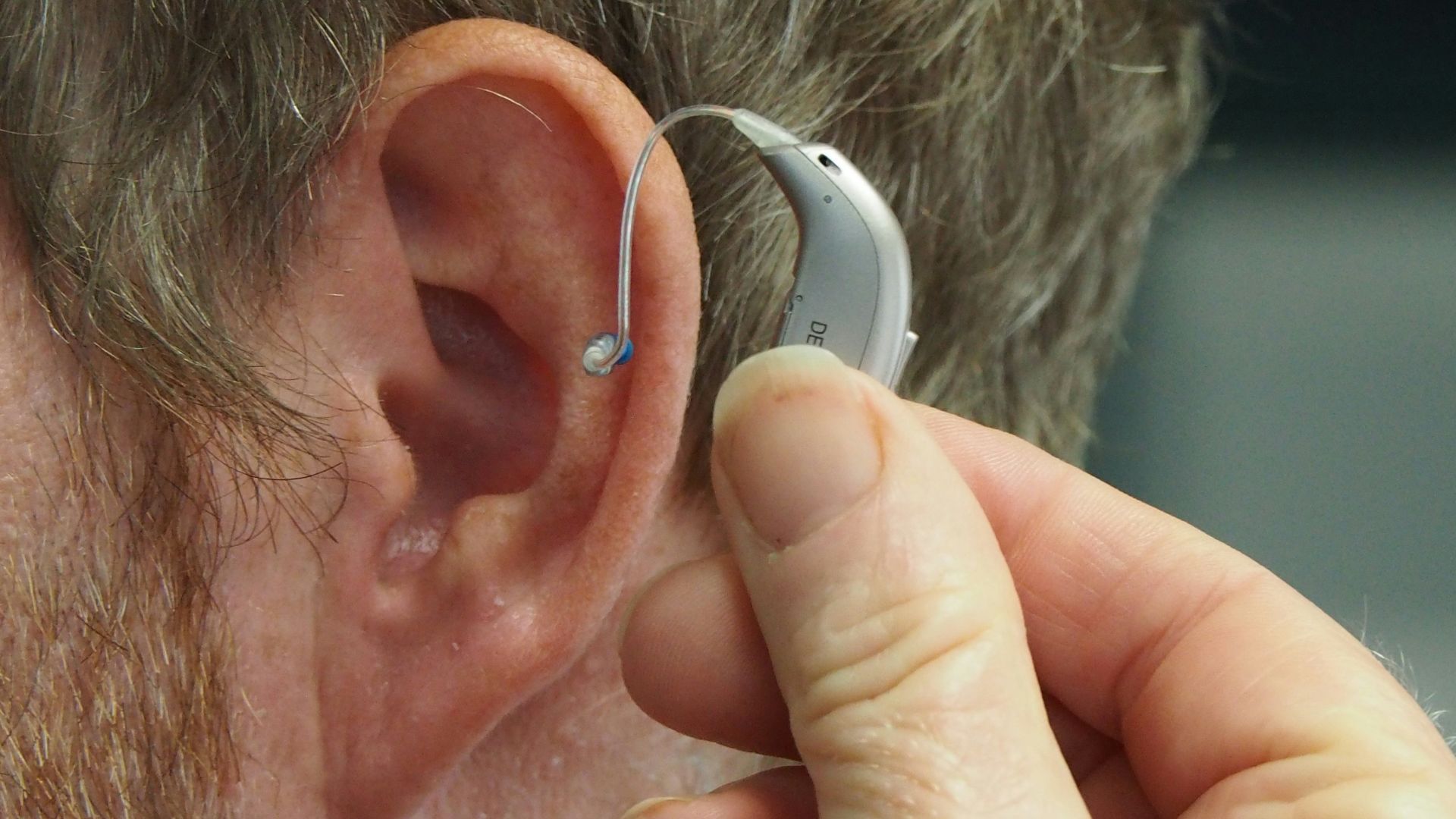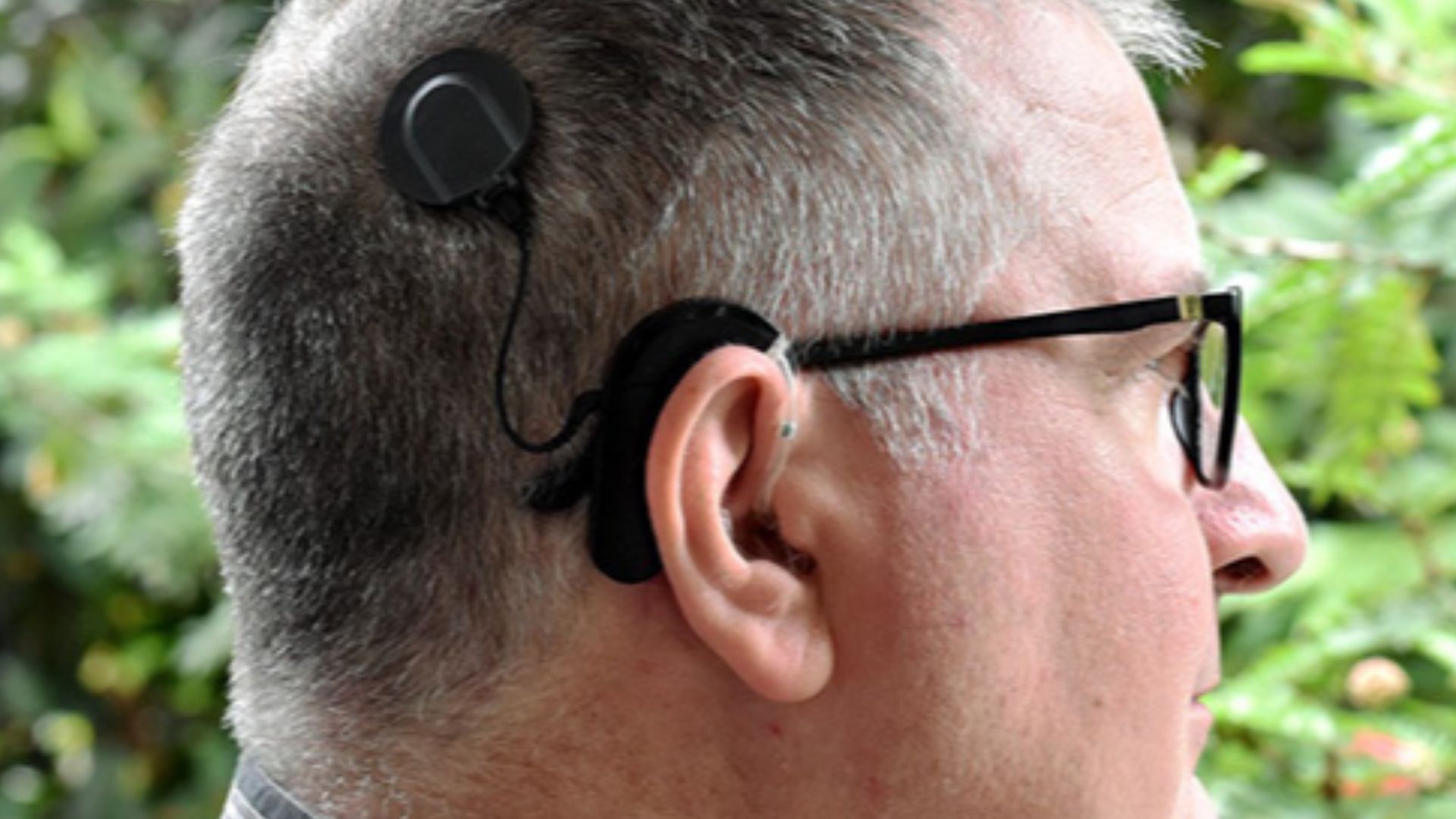When Sounds Fade, Options Step In
Hearing shapes how we connect with people and experience the world. So when we notice signs of hearing loss, it's natural to panic. Left unchecked, these challenges can grow and make everyday life harder than it needs to be. Thankfully, there are practical ways to address the problem. Here, we offer a look at common signs and effective strategies, but before we cover the things to do, let's see the pointers first.
1. Turning Up The TV Louder Than Others Prefer
When the TV volume constantly climbs, it’s often a sign of hearing loss. Voices blend into background noise, sparking debates about the “right” setting. Remote controls become battlegrounds, though streaming services now ease tensions with handy speech-boosting modes.
2. Struggling To Follow Conversations In Noisy Places
Restaurants and parties can turn into obstacle courses for the ears. Since hearing loss blurs voices into background chatter, words vanish. To cope, people nod politely or pretend to understand rather than asking “what?” again.
3. Asking People To Repeat Themselves Frequently
Few habits reveal hearing trouble faster than constant requests for repetition. Friends and family usually spot this sign before the person does. Some try guessing the missing words, sometimes with comical results. Children may even lose patience.
4. Missing High-Pitched Sounds Like Birds Or Doorbells
The world of high-pitched sounds is often the first to fade with hearing loss. Birds, crickets, or a chiming doorbell may slip away unnoticed. Dogs, however, still perk up at tones their owners miss.
5. Difficulty Understanding Children’s Or Women’s Voices
Not all voices fade equally. Hearing loss often begins with higher pitches, leaving conversations with children or women especially tricky. Some grandparents depend on parents to “translate” a grandchild’s words, and phone calls make these voices seem even fainter.
6. Feeling Tired After Long Conversations (Listening Fatigue)
Long chats shouldn’t feel like marathons, yet many with hearing issues feel drained afterward. Straining to catch every word is exhausting, sometimes leaving people more tired after a dinner out than after work. Even with hearing aids, the brain still works overtime.
7. Trouble Hearing On The Phone Clearly
Without lip reading or facial cues, phone calls quickly expose hidden hearing struggles. Muffled or unclear voices signal trouble, making some people avoid answering unknown numbers altogether. Smartphones now offer clarity-boosting settings, and many people who face this prefer texting over calling.
8. Ringing Or Buzzing Sounds In The Ears (Tinnitus)
A constant buzz, ring, or hiss is tinnitus, a companion to hearing loss for many. It grows noticeable in quiet moments, like bedtime, and may even sound like crickets or faint music. Stress and fatigue intensify it.
9. Misunderstanding Words That Sound Alike
When “cat” and “cap” blur together, hearing loss is often the cause. Misunderstandings stack up and lead to both awkward and unintentionally funny exchanges. Accents can make the confusion worse, and everyday conversations become puzzles.
10. Feeling Like People Are Mumbling Or Speaking Softly
It’s common to blame others for mumbling when hearing loss is the real culprit. Soft consonants like “s” and “f” fade first and make words unclear. Spouses may be accused of whispering constantly, while older films seem clearer thanks to crisp enunciation.
Now, let’s go over a few things you can do to protect and regain your hearing.
1. Getting A Professional Hearing Test
Quick and painless, a hearing test measures how well the ears pick up tones and volumes. In less than 30 minutes, clinics can uncover hidden issues like wax buildup or uneven ear strength. Early diagnosis matters and prevents things from worsening.
2. Using Modern Hearing Aids
Today’s hearing aids do far more than amplify sound. With Bluetooth, they connect directly to phones, TVs, and laptops and stream voices and music like wireless earbuds. Tiny designs make them nearly invisible, while smartphone apps replace fiddly buttons.
3. Protecting Ears From Loud Noises
Even everyday sounds can reach damaging levels, from mowing the lawn to cheering at concerts. Earplugs reduce harmful volume and help preserve hearing longer. Inexpensive foam versions cost only cents, and taking action early keeps hearing sharper well into the future.
4. Practicing Lip-Reading And Visual Cues
Conversations don’t always rely on sound alone. Watching lips helps fill in missing words, while facial expressions reveal tone and meaning. Many people already use these cues without realizing it. Actors and TV personalities exaggerate their mouths, making them easier to read.
5. Choosing Quieter Venues For Social Activities
Noise can make voices disappear, so choosing quieter spots reduces strain dramatically. Outdoor cafés are often friendlier to hearing than crowded bars. Some restaurants even schedule “quiet hours” for comfort, and picking your seat wisely can also improve clarity.
6. Installing Home Alerts With Vibrations Or Flashing Lights
Life at home feels safer with alerts you can see or feel. Flashing alarms catch attention for fire or doorbells, while vibrating devices even wake heavy sleepers. Bed-shaking clocks are surprisingly popular, even with people who hear well.
 Digital Clock with Bed Shaker - No excuses to not wake up anymore! by iBertz
Digital Clock with Bed Shaker - No excuses to not wake up anymore! by iBertz
7. Using Captioning Services On TV, Video Calls, And Phones
Reading while listening transforms communication. Captions keep up with fast talkers or tricky accents, ensuring nothing is missed. Streaming platforms now let you adjust caption styles, and video call apps add them automatically.
 Directed and produced by Stanley Donen on Wikimedia
Directed and produced by Stanley Donen on Wikimedia
8. Exploring Cochlear Implants For Severe Hearing Loss
When regular hearing aids can’t help, cochlear implants step in. These devices send signals straight to the hearing nerve. They not only allow adults to regain access to sound, but also help children to develop clearer speech.
9. Training The Brain With Auditory Rehabilitation Programs
Listening can be trained just like memory or focus. Auditory rehab programs use exercises that strengthen hearing skills and help the brain adjust to aids or implants. With games and apps, therapy feels less clinical.
10. Joining Support Groups
Hearing loss can feel isolating, but support groups change that story. Sharing advice makes coping strategies easier to find, while online meetings ensure anyone can join from home. Members often laugh together over misheard moments and trade recommendations that improve daily life.
KEEP ON READING

20 Nasty Habits That Hurt Diabetic Seniors




